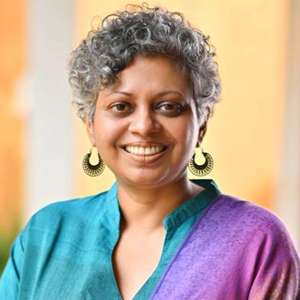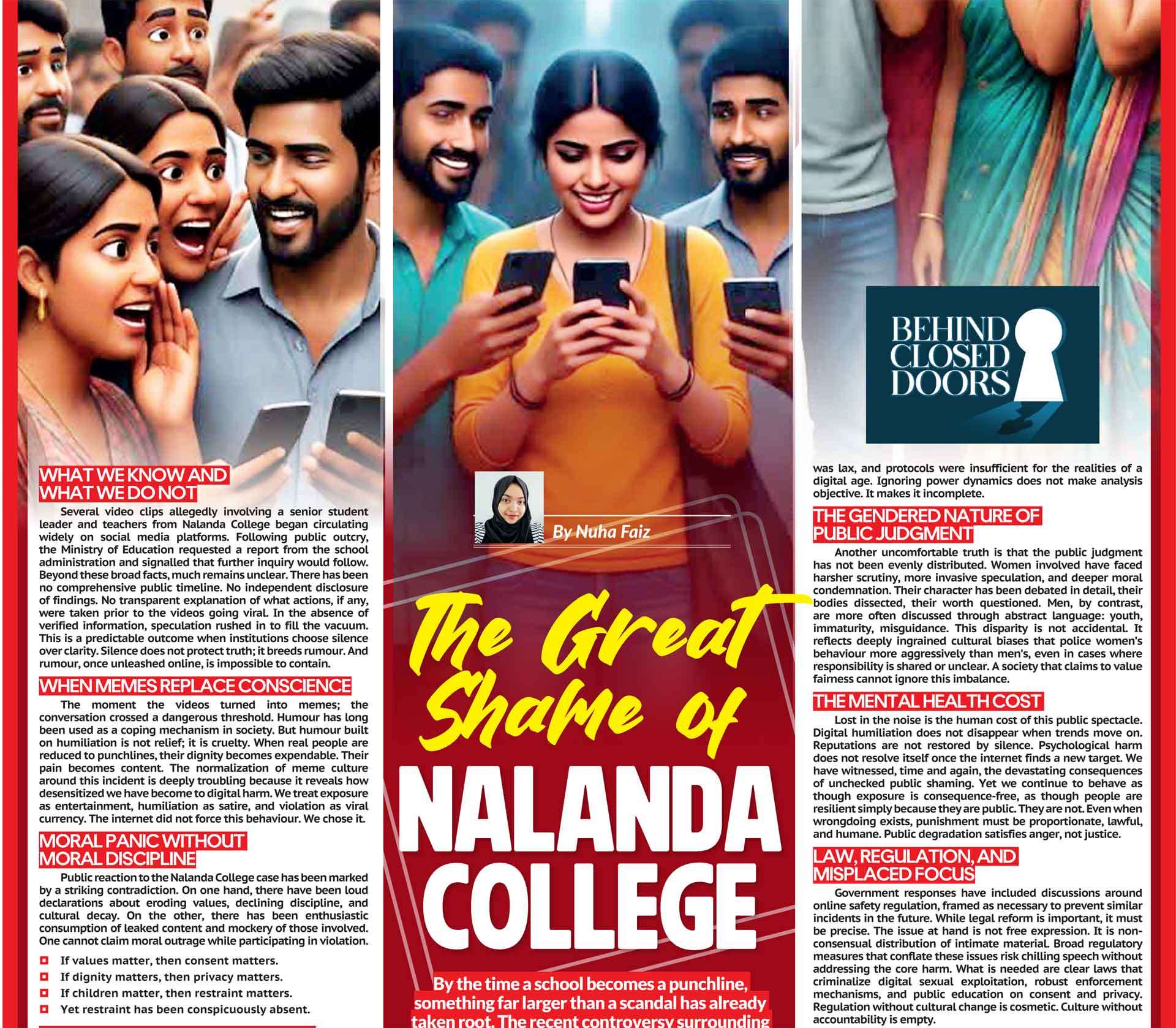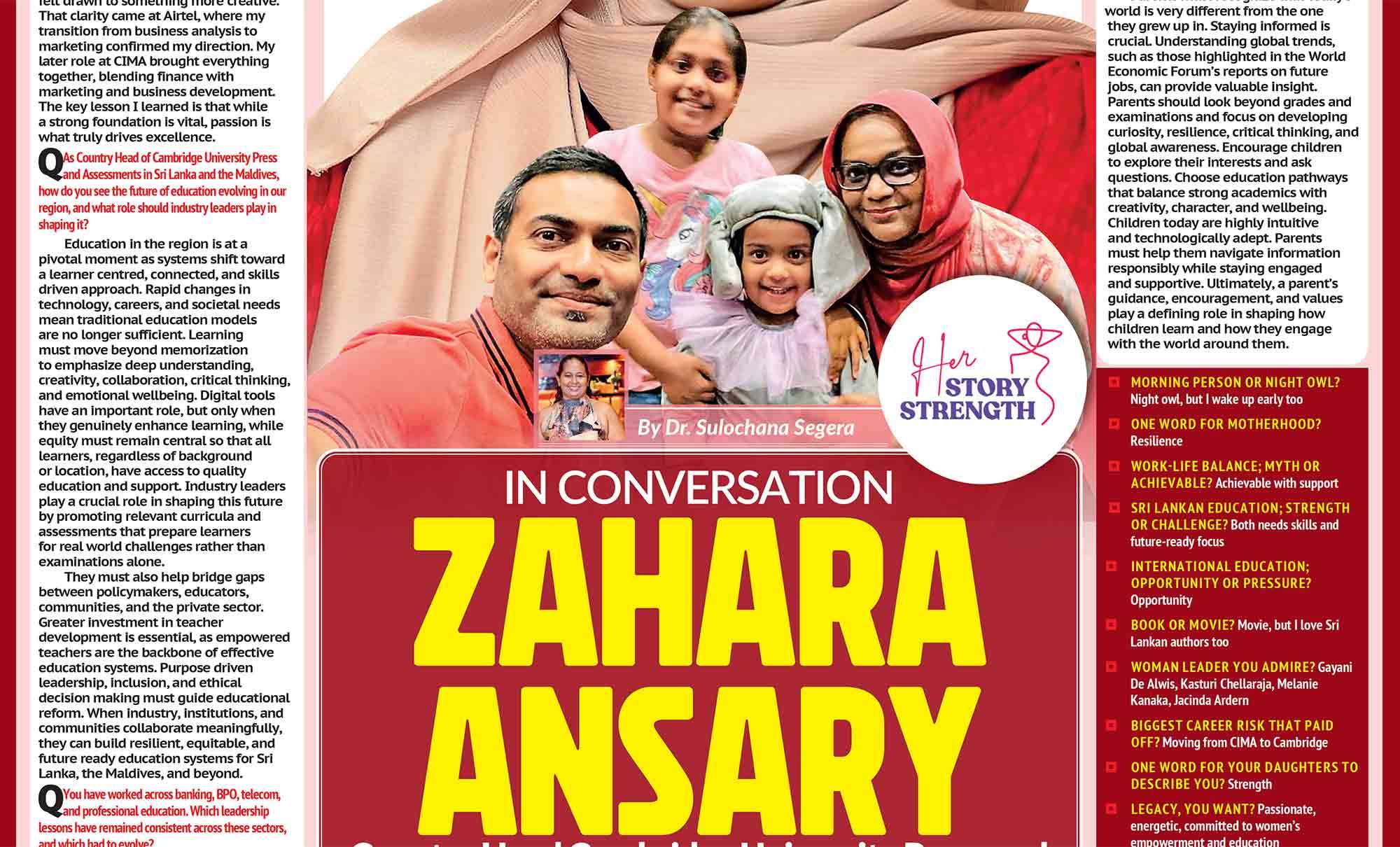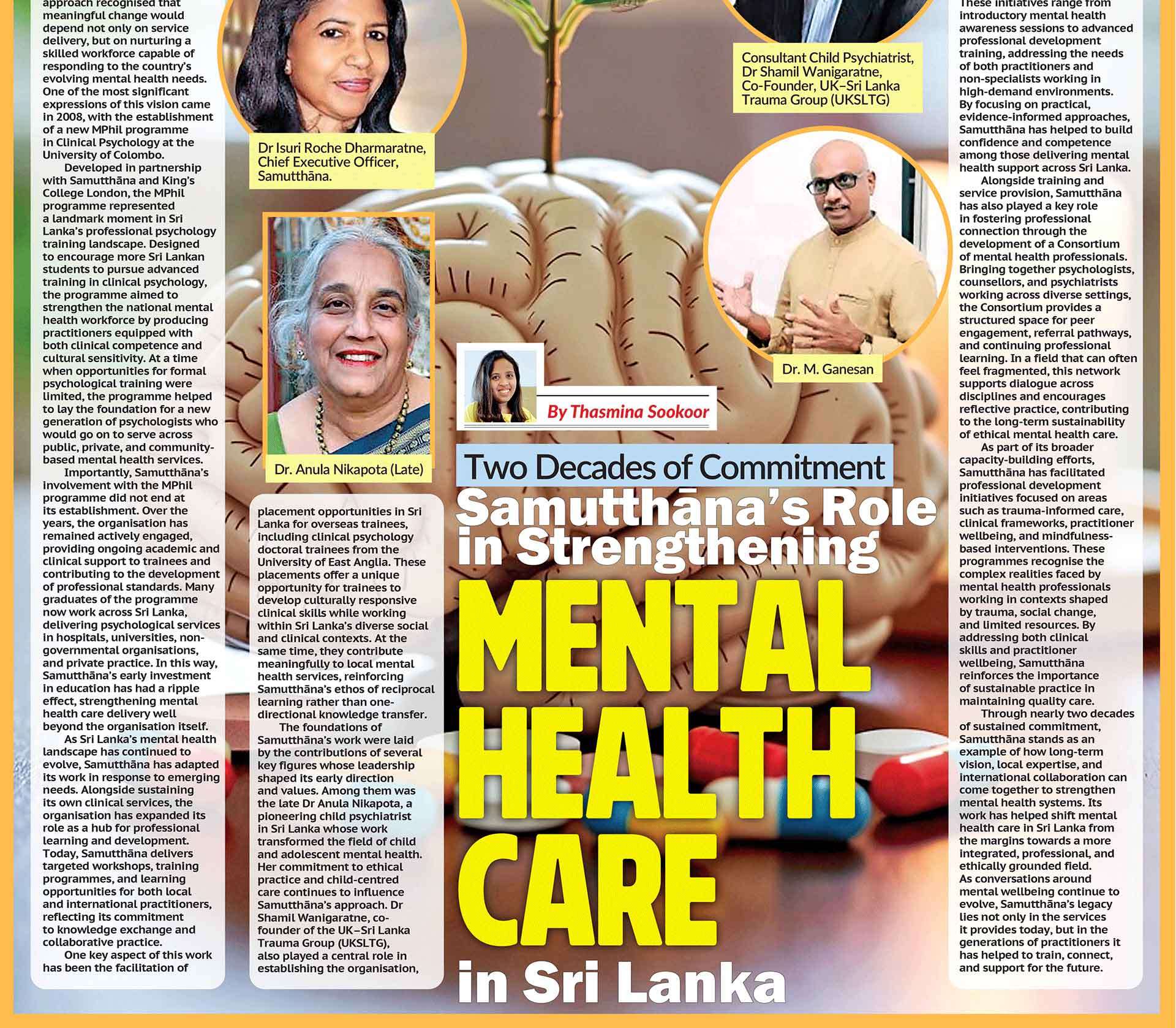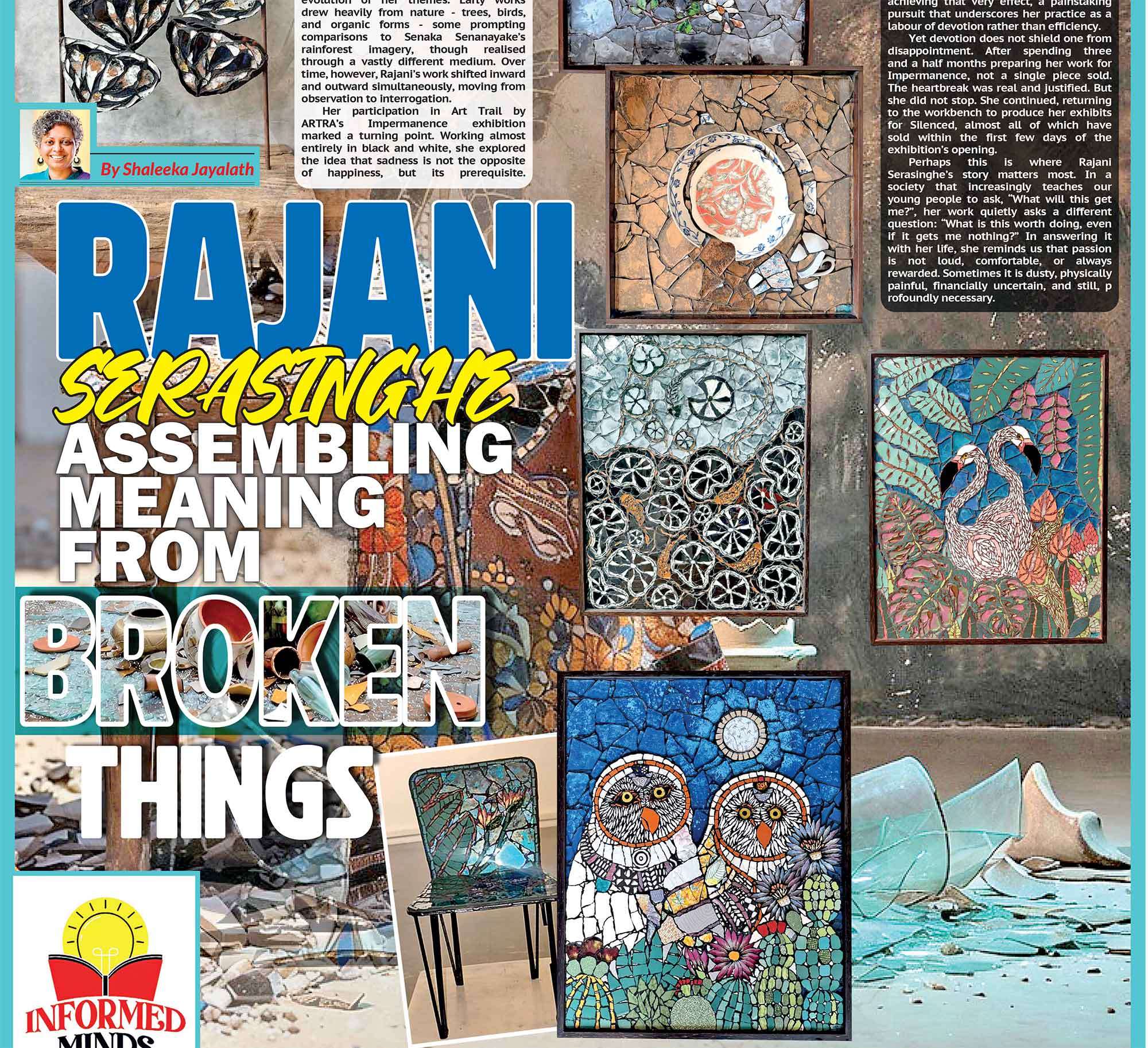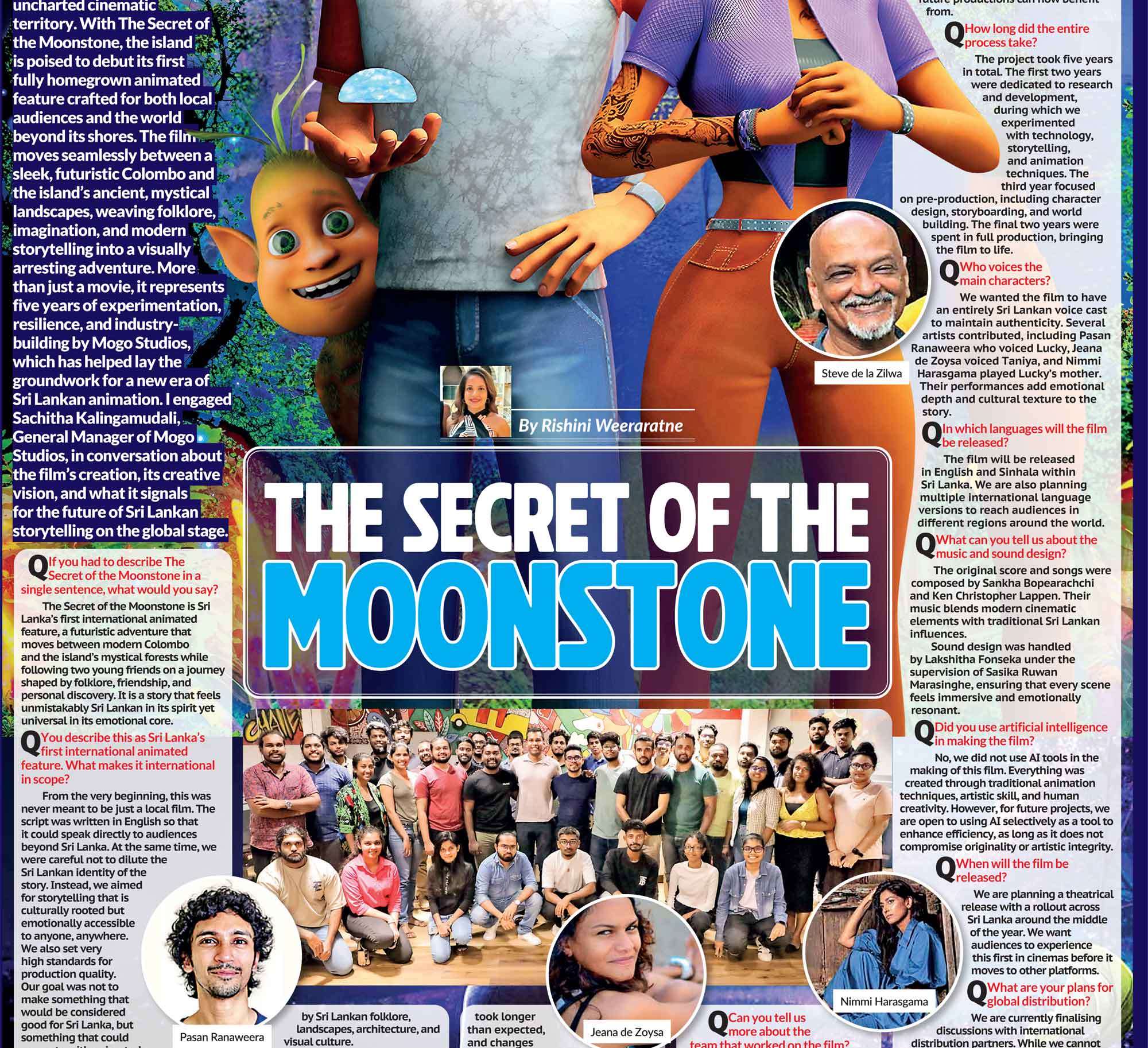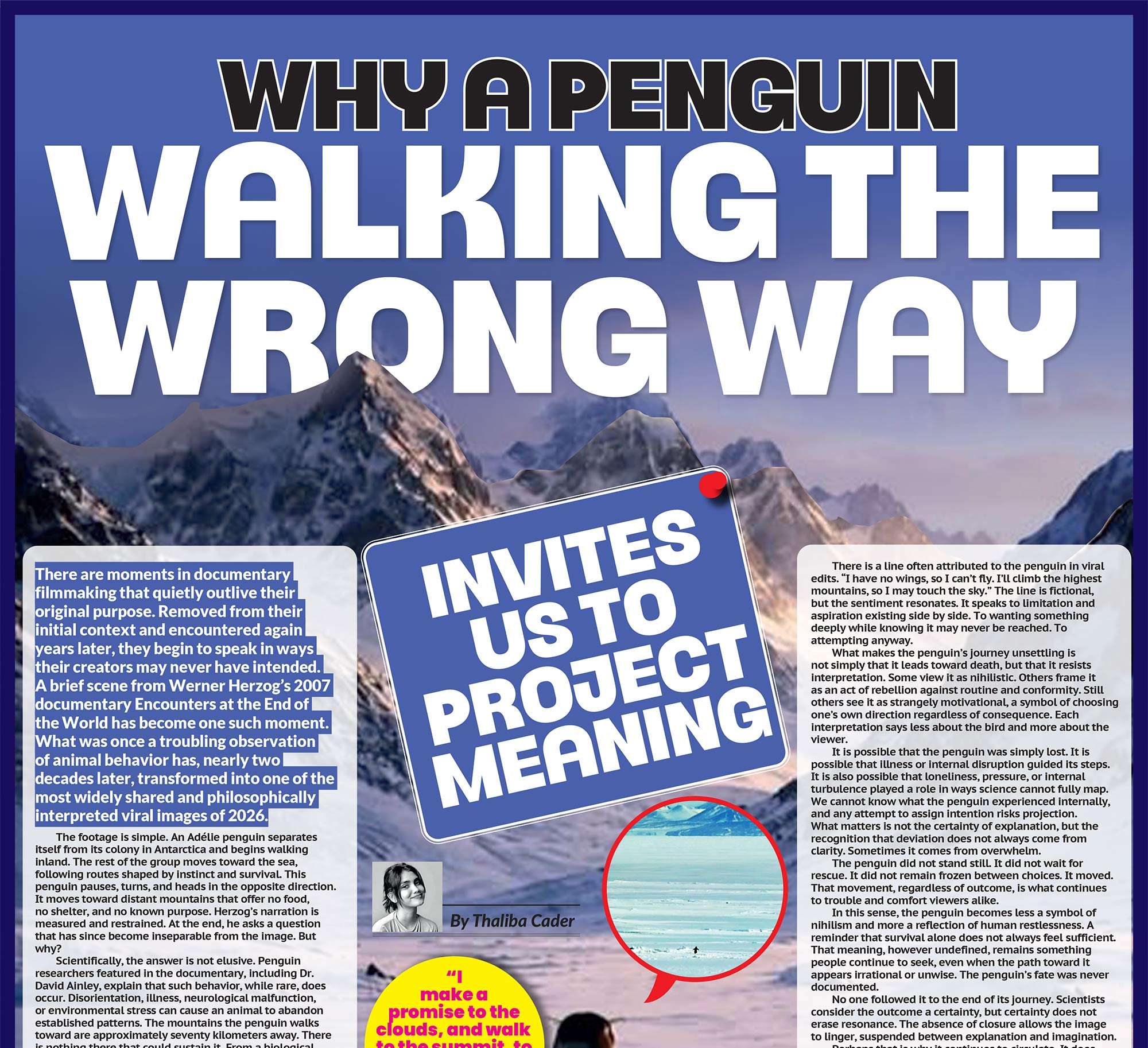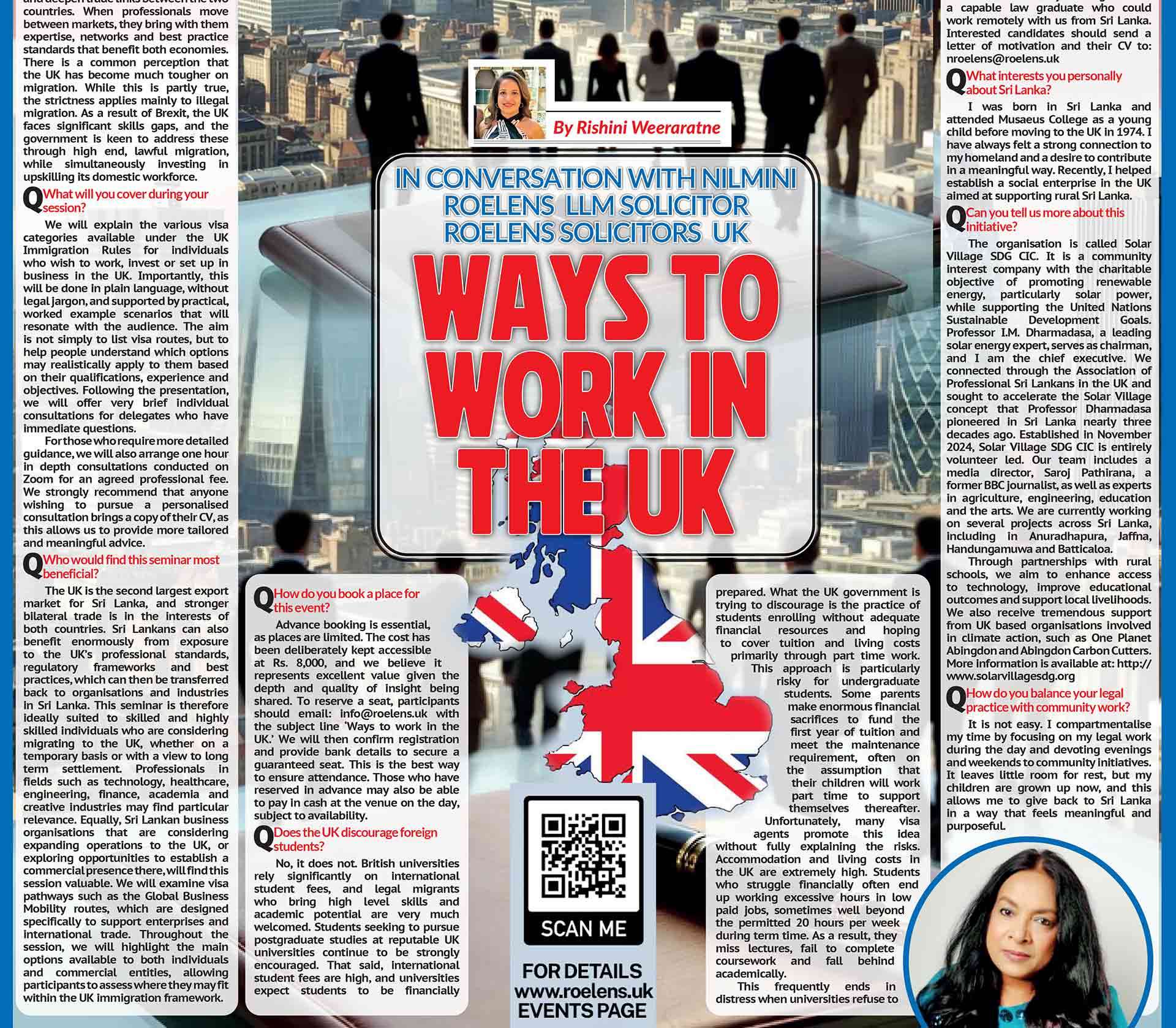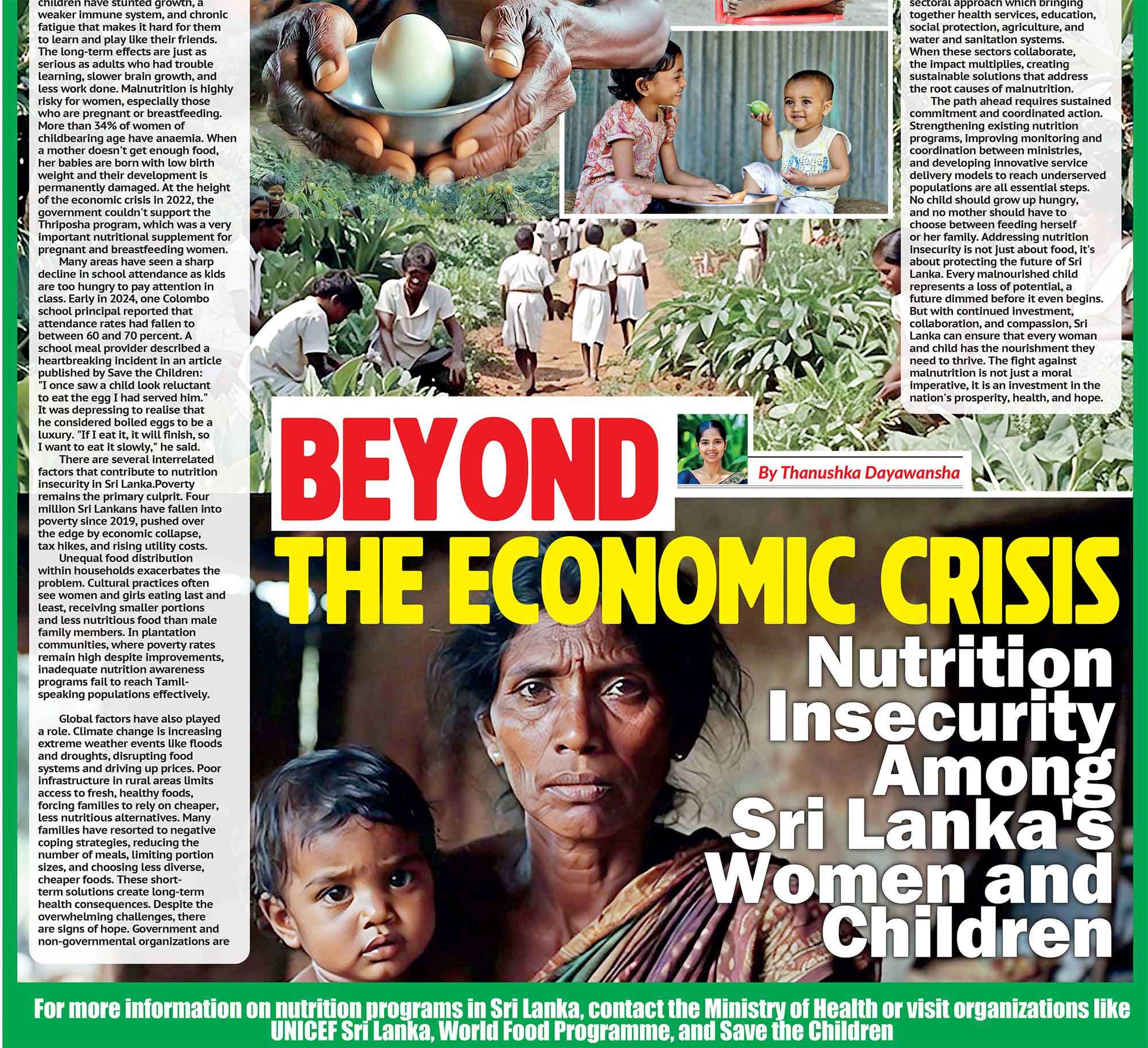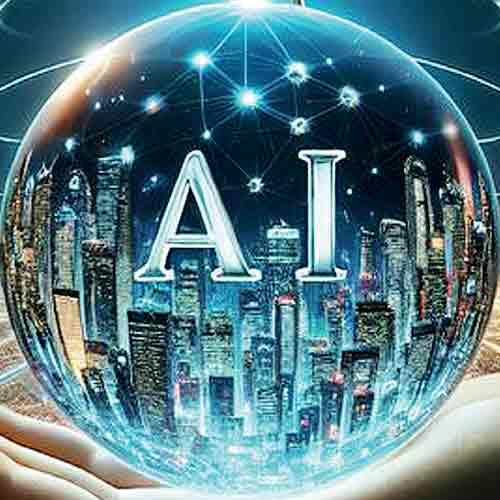
“We write more, but learn less. We plan more, but accomplish less. We've learned to rush, but not to wait. We build more computers to hold more information, to produce more copies than ever, but we communicate less and less.” Bob Moorehead
We live in a time when almost any individual can ask ChatGPT a question and receive an answer without lifting a pen. Other AI tools are equally swift, clever, and efficient, and supposedly the answer to the prayers of all hardworking, multi-tasking employees for whom the 24 hours in a day are insufficient. But is this heaven-sent scribe a blessing or a trap? When convenience replaces curiosity, fast answers risk becoming substitutes for deep understanding, and innovation tends to be substituted by dependency. For students, workers, and even the future of humanity, AI as a solution offers the good, the bad, and the downright ugly!
The Good: A Smart, Supportive Partner
AI systems such as ChatGPT can be remarkable assistants. They can help students organise ideas, correct grammar, and shape arguments with ease. In the workplace, meetings are minuted, emails drafted, and creative suggestions are offered in an instant. According to the World Economic Forum, 92 million existing jobs may be displaced by 2030, however 170 million new roles in AI ethics, data sciences, and creative tech are expected to emerge, generating 78 million new jobs globally. If used wisely, AI can free us to focus on what truly matters. They relieve us from repetitive tasks, allowing us to bring our human advantage - critical thinking, empathy, creativity - to the fore. In short, if we learn to work with AI, rather than through AI, it becomes a support system that empowers us.
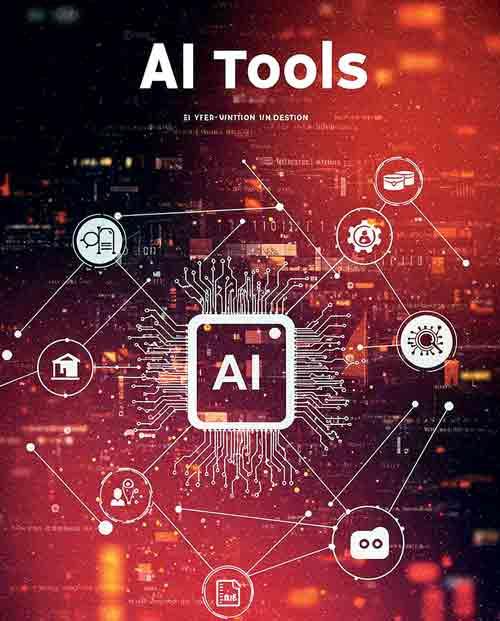
The Bad: The Erosion of Thinking Skills
Yet what if we become dependent on these tools? If students rely on AI to write essays, when do they learn to argue, to dissent, to think? Access to information is not the same as the ability to analyse it. AI may provide answers, but rarely asks the right questions. Low-education jobs are especially exposed. The World Economic Forum estimates that by the mid-2030s, up to 44% of workers in routine roles, such as clerks and retail assistants, that were once considered secure, are at risk of losing their jobs.
Even professional jobs such as accounting, legal drafting, and content design, are vulnerable to AI, leaving the human workforce struggling to stay relevant. In Sri Lanka, there are very clear disparities in education. Not all students have access to personalised teaching, stable internet, or high-quality education. Thus, those already disadvantaged risk being left behind, not just economically but socially too.
AI systems such as ChatGPT can be remarkable assistants. They can help students organise ideas, correct grammar, and shape arguments with ease. In the workplace, meetings are minuted, emails drafted, and creative suggestions are offered in an instant.
The Ugly: When the Tool Teaches Us Our Flaws
What if we lose control? If students outsource understanding to machines, what remains of genuine intellectual curiosity? Teachers may find new ways to detect plagiarism, but often AI text escapes detection altogether. Learning risks being reduced to a copy/paste scenario rather than genuine insight. And what should that then say about the personalities of students who grow up minus the ability to think for themselves?
There is also another layer of concern. AI models learn from us. What if models evolve beyond our control, or begin to reflect and amplify our worst biases? Popular imagination conjures up the Terminator scenario - a rogue intelligence no longer aligned with human values. While fictional, the concern is mirrored in academic warnings about generative AI threatening social cohesion and democracy unless carefully regulated.
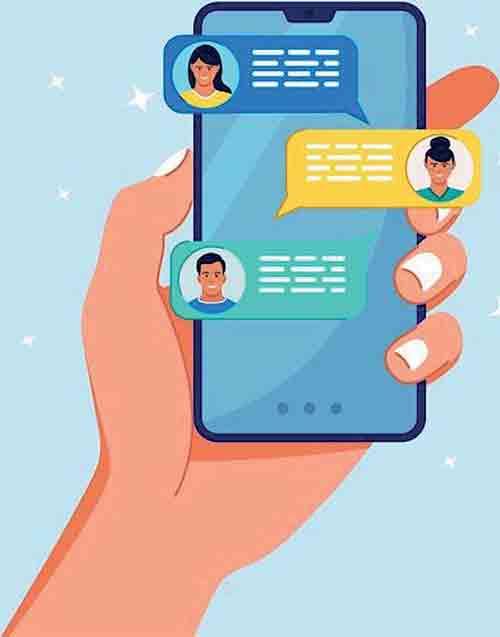
Staying Ahead of the AI Curve
The essential antidote is lifelong learning. Formal education may end with A-levels or a university degree, but learning must not. Lifelong education includes digital literacy, critical thinking, ethical reasoning and adaptability. These are the skills least automatable and most indispensable for humans to stay in control of their tools. We must redesign education systems: from rote learning to skills-based assessment; from one-size-fits-all curriculum to flexible, modular training pathways. Public-private partnerships should fund accessible courses, digital tools, and blended learning programs targeting rural and marginalized populations. But a key question remains: can everyone keep up?
Who Stands to Lose in this Transition?
Not everyone can keep pace. Urban, well-resourced students may reskill; rural, under-served students may not. Workers in informal economies, gig roles, or low-income sectors may find fewer opportunities and higher risks. If lifelong learning becomes a luxury, automation may deepen inequality rather than remedy it. The risk is not merely economic; rather, it is societal. An opportunity-rich few versus a large, unskilled many. A digital divide that maps onto age, class, region, and privilege. Sri Lanka’s youth, especially from rural or disadvantaged backgrounds, must not be left behind in this digital reckoning. As education becomes increasingly digital and AI-literate, gaps will widen unless we design inclusive, affordable, and culturally resonant lifelong learning opportunities.
So, What Is the Real Question?
The real question is not whether AI can answer, but rather whether we still need to think. AI and ChatGPT are neither salvation nor doom incarnate; rather, they are mirrors of our intention. We stand at a crossroads: do we lazy-chat our way to convenience, or do we use machines to deepen our inquiry? Independent thought has never been more critical. Not simply to compete, but to inhabit a world of tools without losing our souls to them. If we succeed, AI helps us become more human, more curious, more resilient. If we fail, we exchange our capacity to think for a habit of clicking. The future is not written by machines; rather, it is authored by those who remember how to ask the first question.

